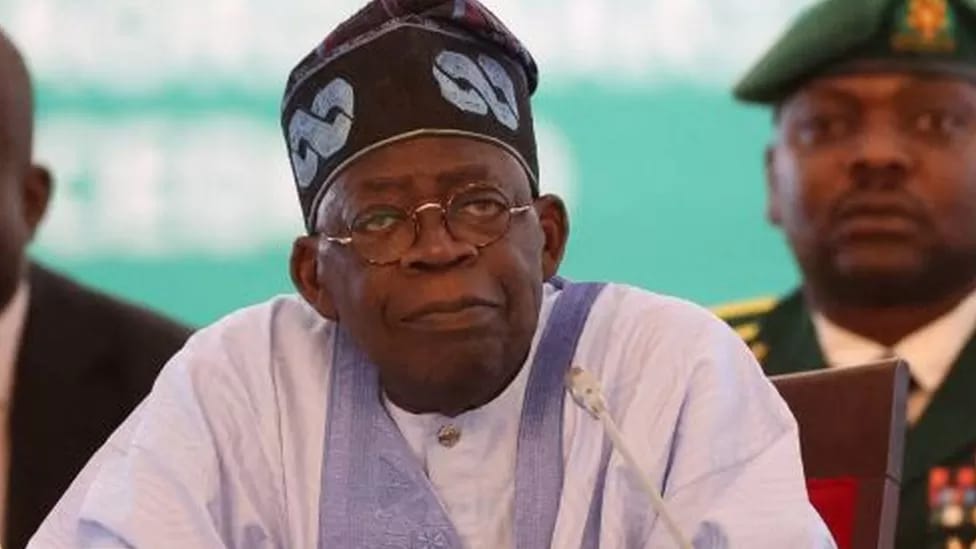Nigeria’s President Bola Tinubu finds himself in the midst of a domestic storm after his bold declaration of intent to employ military force against neighboring Niger’s coup regime. Despite controlling the Senate, the upper chamber of parliament, Tinubu encountered formidable resistance to this proposition. This move has spurred widespread national condemnation, raising questions about the wisdom of such a decision and its potential consequences.
Opposition Emerges in Senate Despite Party Control
At a Senate session on Saturday, local media reports unveiled a surprising showdown as lawmakers, many hailing from regions that share a border with Niger, vociferously opposed the proposition of military intervention. This strong opposition prevailed even though the Senate is under the sway of Tinubu’s political party. The cross-border states, woven with strong ethnic, economic, and cultural connections to Niger, have spearheaded this resistance, resonating with the broader sentiment against the looming specter of war.
Ecowas Deadline Looms Over Crisis Resolution
As the chairperson of the West African regional bloc Ecowas, Tinubu’s decision-making role regarding the ongoing crisis is undeniable. Ecowas had set a pivotal Sunday deadline for the coup regime in Niger to relinquish power, backed by the ominous prospect of military intervention. The implications of this decision reached beyond regional dynamics, as Nigeria, the influential cornerstone of Ecowas, stood at the forefront. Despite the junta’s defiance of the ultimatum, Ecowas momentarily withheld military action, offering Nigerians a sigh of relief, with many favoring diplomatic over militaristic resolutions.
Domestic and International Repercussions Loom Large
Tinubu’s threat of military action escalated beyond the political realm when he ordered a suspension of electricity supply to Niger. This decision drew stark criticism and accusations of violating a treaty that granted Nigeria the right to build a dam on the River Niger. While supporters contend this pressure tactic aims to prompt the junta’s surrender without bloodshed, critics perceive it as an undue aggression. The power outage’s ripple effect extended to Niger’s capital, Niamey, and other cities, accentuating the gravity of the crisis.
Amid these developments, Northern Nigeria’s influential Muslim clerics entered the fray, cautioning against hasty conflict escalation. Key ally and ousted President Mohamed Bazoum’s ties with the West, particularly France and the US, have added global dimensions to the unfolding crisis. Mali and Burkina Faso’s juntas’ pledge to defend Niger’s coup leaders if Ecowas opted for forceful intervention escalated the stakes, envisioning a potential regional conflagration.
As President Tinubu navigates this treacherous terrain, his dual roles as Ecowas chairperson and Nigeria’s leader stand in stark contrast. The need to safeguard democracy and regional interests pits him against the domestic backlash of potential military involvement. The looming Ecowas summit in Abuja is poised to define the path forward, potentially reshaping West African dynamics and confronting Tinubu with a monumental choice that will reverberate far beyond his term















